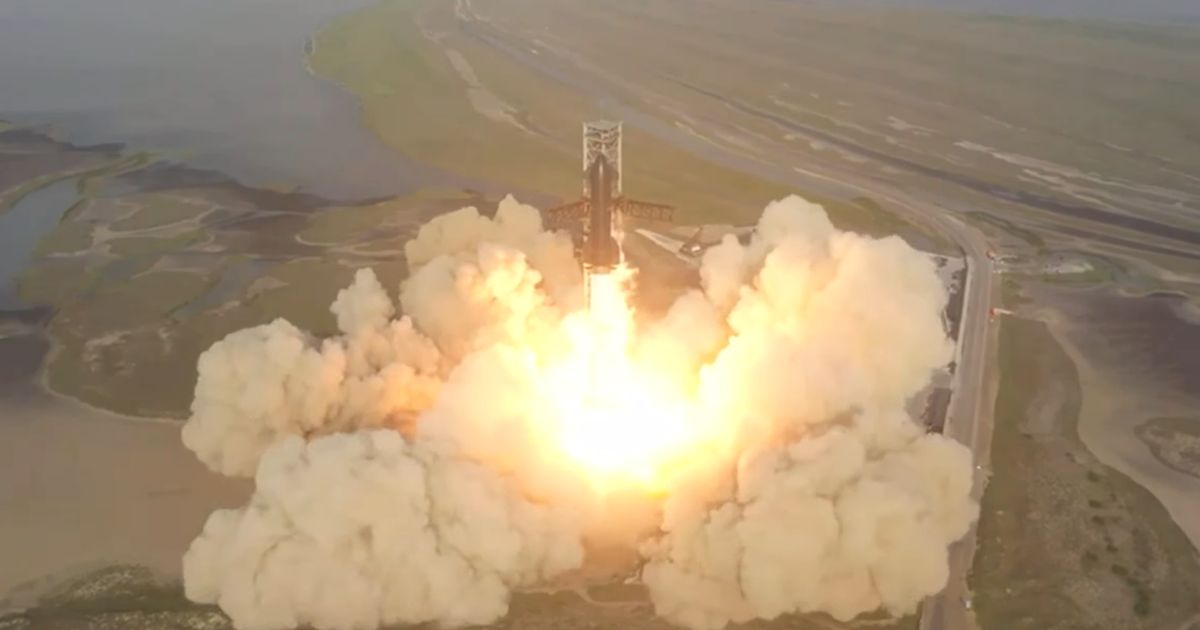SpaceX’s Starship rocket is scheduled to depart for Mars at the end of 2026, with Tesla’s humanoid robot, Optimus, onboard, according to company founder Elon Musk. Musk also suggested that human landings on Mars could follow as early as 2029, though 2031 may be more likely.
In a post on his social media platform X, Musk said, “Starship departs for Mars at the end of next year, carrying Optimus. If those landings go well, human landings may begin as soon as 2029, though 2031 is more probable.”
Last year, Musk introduced Tesla’s Optimus robots at an event, highlighting their potential to perform simple tasks and provide companionship. The robots are expected to retail for between $20,000 and $30,000.
Starship, the world’s largest and most powerful rocket, is central to Musk’s vision of Mars colonization. Standing 403 feet (123 meters) tall—roughly 100 feet taller than the Statue of Liberty—Starship is designed to be fully reusable.
NASA is also working with SpaceX on a modified version of Starship to serve as a lunar lander for its Artemis program, which aims to return astronauts to the Moon within this decade.
However, before SpaceX can carry out these missions, the company must demonstrate the vehicle’s reliability, ensure it’s safe for crewed flights, and prove its ability to perform complex in-orbit refueling, crucial for deep-space missions.
Setback in Testing
This month, SpaceX faced a setback when its latest Starship test flight ended in a fiery explosion, despite the successful capture of the booster during its orbital test. The incident mirrored the outcome of a previous attempt, with the upper stage tumbling uncontrollably after booster separation, followed by the abrupt loss of the live video feed. Dramatic footage of the event showed debris falling over the Bahamas.
The test marked SpaceX’s eighth uncrewed orbital test. The Federal Aviation Administration (FAA) has stated that SpaceX must conduct an investigation before launching again.
“Fail Fast, Learn Fast”
Despite this failure, SpaceX’s “fail fast, learn fast” philosophy has contributed to its dominance as a global launch services provider. However, Musk’s close ties to former President Donald Trump and his influence over federal regulators have raised concerns about potential conflicts of interest, especially given Musk’s frequent clashes with the FAA during President Joe Biden’s administration over safety and environmental regulations.
Trump had pledged during his inauguration speech to “plant the Stars and Stripes on the planet Mars,” a goal that aligns with Musk’s ambitious vision for space exploration.










